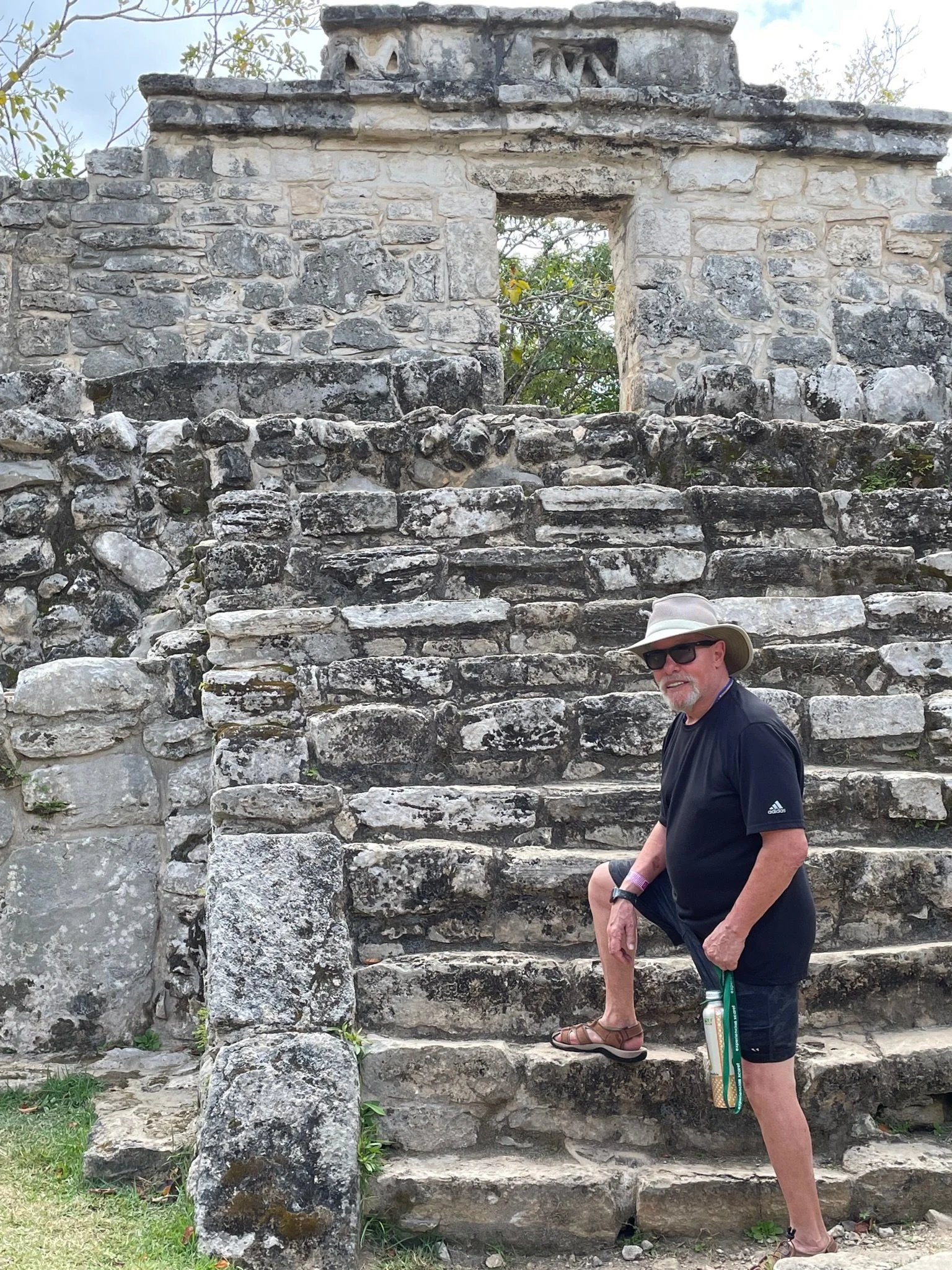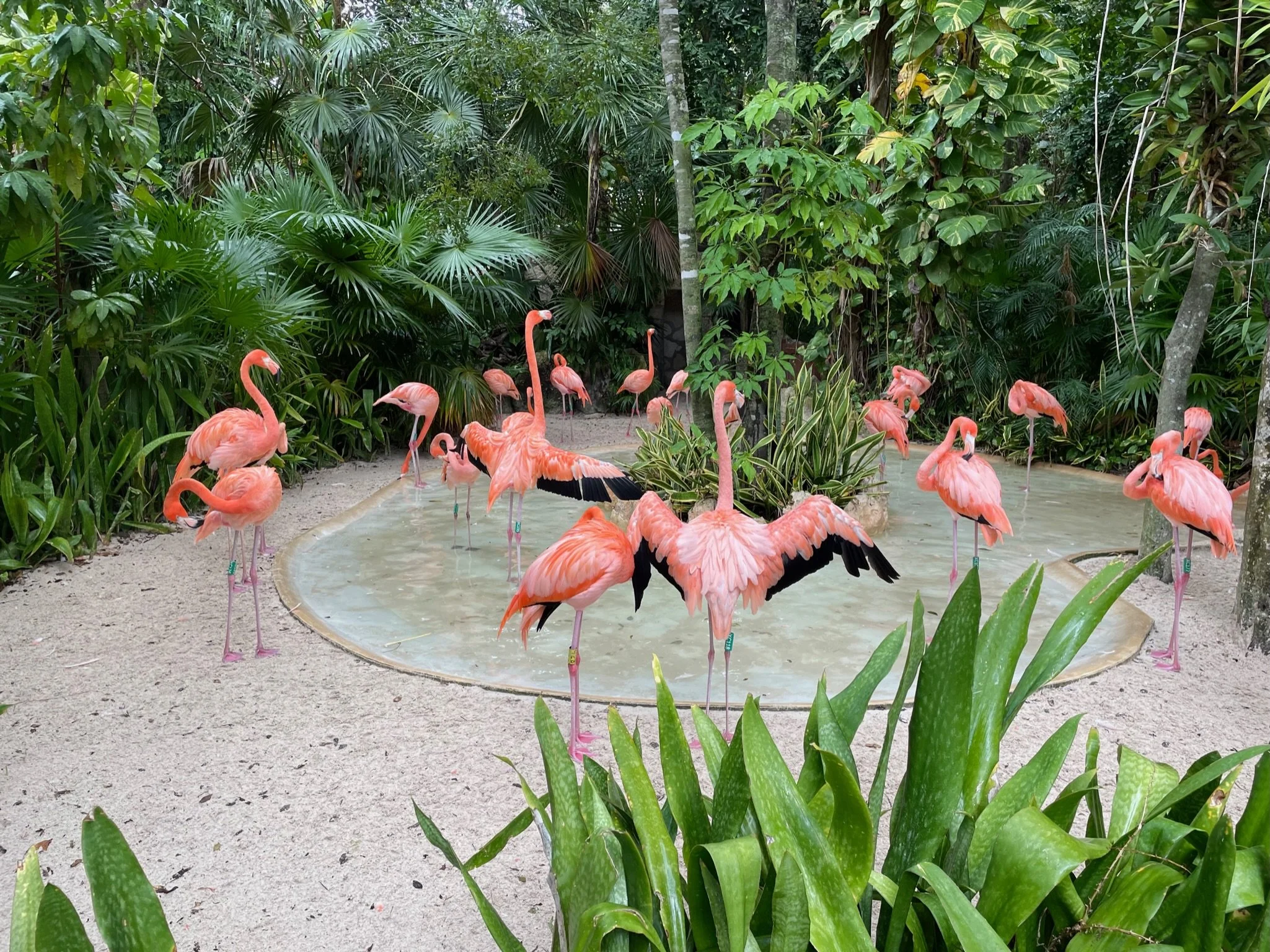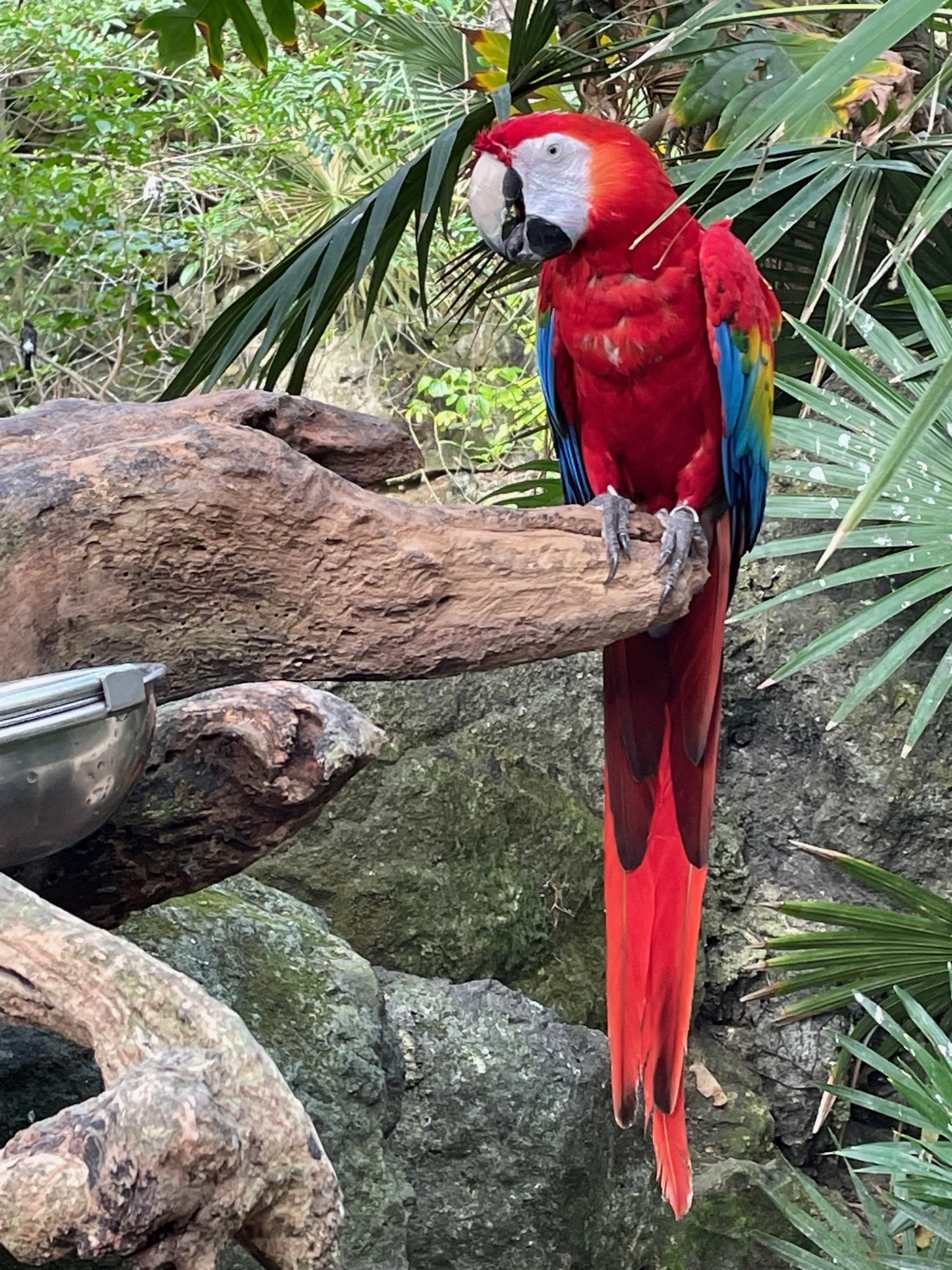Dear Sophie,
My daughter takes clarinet lessons from a very nice man, highly recommended. He gives the lessons in the front room of his small house on one of the busiest streets in town. The lessons are costly, but she likes him, she enjoys practicing, and she’s obviously improving.
He gives back-to-back lessons on Saturday, which is also a packed day for me, as I have other children to get to their various activities. In short, dropping off one child for tennis makes me ten minutes late to pick up my clarinet player. Sophie, the clarinet teacher puts her out of the house, making her sit on his front porch on his high-traffic street, rather than allowing her to wait inside. I understand that he’s got another student in there, and that student might not appreciate someone listening to his private lesson, but turning my thirteen-year-old out has its dangers.
Your solution?
Worried Mom
Dear Worried Mom,
For those ten minutes you and the teacher share responsibility for your child. Get her an air horn, tell her how and when to use it, and explain to the teacher that if that loud noise blasts from the front, he needs to get out there and check on her. Tell Mr. Allen hello from me.
Best wishes,
Sophie
Peyton enjoys playing the clarinet and she enjoys being the best in the band. Because she practices and takes private lessons, the band director, Mrs. Kerr, shows a positive interest.
The way Peyton sees it, there are two ways to get extra attention in school—be as perfect as you can be or be a troublemaker. Anywhere in between and you’re ignored. So, because she sees value in following rules and meeting goals, she chooses to be outstanding rather than disruptive.
Mr. Allen is a good clarinet teacher, enthusiastic about music and offering suggestions that help with breath control and support.
“Like you would with a tube of toothpaste,” he tells her. “Squeeze slowly and steadily from the bottom, pushing upward, rationing the air as you go.”
It doesn’t make sense when he says it, but later, at home, when she thinks of the air inside her as toothpaste, the concept comes together.
On the flipside, Mr. Allen’s moustache often has creamy-looking gunk stuck in it, and his small stuffy house smells like steamed vegetables. She’s always happy to get out of there, and watching the traffic in front of his house is entertaining and educational in that she learns a lot about how careless drivers can be. She has, from the top step of his stoop, witnessed three rear-enders and the near-hit of a pedestrian. And though her mother frets, at no time has she ever felt the least bit imperiled. Also, she understands the idea of a private lesson being private. She wouldn’t want anybody else listening in during her half-hour.
Peyton’s also the best in her Spanish, English, Algebra, and Earth Science classes.
Teachers and the other students, even her parents and brothers, refer to her as “one of those people.”
Though academic success works well for her, there are two things in her life that are awful. Two things that make her dread getting up in the mornings.
One is that Ella, a girl who used to be one of her best friends, turned against her three months ago. The incident that caused the ill-feeling was just one of those things that happens—Ella had a party, and Peyton was unable to attend because her grandmother was in the hospital. But apparently Ella had seen the party as a test of friendship, and when Peyton couldn’t come, she was blackballed. When Peyton realized that she’d been cut, though she thought Ella was being small-minded, she apologized, explaining once again that visiting the hospital had been a family requirement. Ella neither acknowledged the apology nor forgave.
Influential, Ella persuaded all but the nobody-girls to cancel her; and then the nobodies, following the example of the prime clique, followed suit. At this point, Peyton has gone nearly three months without another student speaking to her, and without speaking to another student. She is fully ostracized. She eats alone, walks the halls alone, and has no one to talk to before class starts. She’s taken to arriving at school with only seconds to spare so she won’t have to stand by herself amongst the milling groups.
The rest of this year, and all of next year—that’s how long it will be before she goes to high school and meets new people who won’t hate her. She girds herself. She can make it. Also, other things are going on that are more important.
Which leads to the second complication, this one even more wretched:
Her parents are getting divorced. She’s known this to happen in the lives of other kids, and in truth, she’s not surprised. In her home there’s been closed-door fighting and vindictive whispering. There’ve been a few violent confrontations, one resulting in Mom having a black eye.
When they first told her and her brothers that they’d decided to split up, she was relieved, but her brothers, who hadn’t noticed the signs, were being big babies about it.
At thirteen, Peyton is the oldest. Cal is ten and Lester is seven. In the matter concerning her parents and their relationship, and knowing there’ll be friction, Payton has decided to follow the path of stoicism. Not so with Cal and Lester, who, now that Dad is living elsewhere, are fearful and acting out— “I hate you!” they scream at Mom. “You should’ve been the one to move out!” They kick furniture and throw books and game controls. Contemptuous disobedience is involved.
Mom: frustrated, furious, and hurt. The boys: defiant and blaming Mom. It goes on and on until Peyton feels that the devil dwells in the house, lurks in corners, and stirs up hatred.
One night, when she hears Mom crying in her room, she taps on the door and goes in. Mom’s on the bed, face down, sobbing into her pillow.
“I heard you crying,” she says.
“I’m just tired is all,” Mom tells her, wiping her eyes and cheeks.
“This can’t go on. How has everything gotten so bad?”
“It’s not your problem.” Mom sits and rolls her shoulders. “I’ve vowed to keep you of it. Your job is to do well in school, not to become embroiled in our problems.”
This is what the words say, but her expression is one of yearning. She badly needs someone to talk to and to lean on.
And Peyton, already suffering all day at school, recognizes and empathizes with her mother’s anguish and decides that she can take on this burden, too.
“From the way you and Dad have been acting the last few months, I thought this was what you wanted. I thought you both thought it was for the best. So why the tears?”
“Life. Deep unhappiness. Money. Mostly money.”
Peyton sees that Mom’s wondering whether it’s wise to spill to her daughter. And her mother not mentioning the physical abuse is a glaring omission.
“He said he wanted out,” Mom continues, overriding her misgivings. “We both did. But now that he realizes how much he’ll pay in child support, he’s decided it’d be cheaper for you kids to live with him, so he’s claiming to want custody.”
To Peyton, this is horrifying. Dad will count every penny spent on his children. Her clarinet lessons will come to an end. And his slap, hard across the face, comes often and unexpectedly. Without Mom to act as a buffer, it’d be only a matter of time before his open palm tenses into a fist.
And what she really doesn’t understand is that the boys have been the recipients of his hot slaps many times, so why are they so torn up that he’s gone? Why aren’t they relieved? Are they learning that there’ll come a time when they, too, can sling their hands with no accountability?
“The kids always stay with the mother,” she says, certain that it’s true.
“That’s what conventional wisdom says. But there’ll be the cost of lawyers and interviews and accusations. And it’ll take such a long, long time before we can move on.”
The next evening Dad rings the doorbell. Seeing him standing out there, their mother frantically orders them to stay inside. Peyton, Cal, and Lester cluster at the front window. Dad didn’t park straight and he left his car door open. Grabbing Mom by the arm, he pulls her from the porch and, stopping in the grass several feet away, takes a confrontational stance—putting his face into hers, making his shoulders large. Right there in the front yard. Is he showing the world what a big man he is? Is he proving to everyone who has eyes that he’s the boss?
And speaking of eyes, the neighbors begin to emerge from their homes. Eva and her sister, Joanie, step from their houses across the street, leave their porches, and meet on Joanie’s driveway. Gabe, the tiny man from next door, strides to the center of his lawn. Then others, too, come out. Arms folded across their chests, they all witness the huge angry man towering over their petite pretty neighbor.
Unable to tolerate the tension for a second longer, Lester races outside and tries to insert himself between his two adults. Dad’s strong hand grabs Lester by the shoulder and pushes him to the ground. Lester emits an oh! a whimper, and a sob. He curls like a threatened worm.
Seeing this, Gabe, such a sweet old guy, begins marching toward the fracas—and from the other side of the street, Eva hollers, “No Gabe!” Her call is a distraction that causes Dad to look up, look around. He sees that ten pairs of eyes are fixed on him. Shaking his head like a stunned bull, he releases Mom, stomps to his car, reverses, and with a squeal of the tires, drives away.
Leaving Peyton in charge of Cal, Mom takes Lester to the emergency room.
“His humerus is broken,” Mom says when she calls. “He cracked it on the brick border when he fell.”
“When he was thrown, you mean. Is he in pain? Will he have a cast?”
“Yes and yes. But at least now it’ll all be settled quickly.”
Peyton understands what Mom means. Dad broke his son’s arm and there are witnesses. There’ll be no custody battle. Dad’ll be lucky if he ever gets to see his children again. It’s a bleak tradeoff.
The next day Mrs. Kerr announces that, out of the nine members who auditioned, only one, Peyton, made regional band. Because they sense that the teacher expects accolades, the other students offer a brief and half-hearted round of applause.
A month later Peyton gets a Friday off from school, and then on Saturday the band rehearses all day for a concert that night. She is thrilled—mainly because she’s surrounded by people her age who don’t hate her. She’s made second chair, which, considering that she’s a year younger than most of the kids who made the band, makes her a star.
“You’re from Archer Middle School,” Lele, the third chair says when they meet for the first time. “One of my best friends from church goes there—Ella Hendricks. Do you know her?”
Within Peyton, a flame of fury ignites. Ella, who has hurt her so deeply. Ella, who plays no instrument and wouldn’t recognize a beat if it thumped her on the head. Ella has no right intruding here, the one space that belongs to Peyton.
“No,” she tells Lele with a bemused smile. “I never heard of her. Are you sure she goes to Archer?”
Denying that she knows Ella is like denying Ella’s existence, a small and private revenge; a delicious moment that’ll be enough to see her through the next couple of years.
A few days later Mom presents her with an airhorn, then tells her how and when to use it. As Mom’s obviously invested in her safety, Peyton responds with appropriate and solemn gratitude—but really. An airhorn? Ridiculous.











